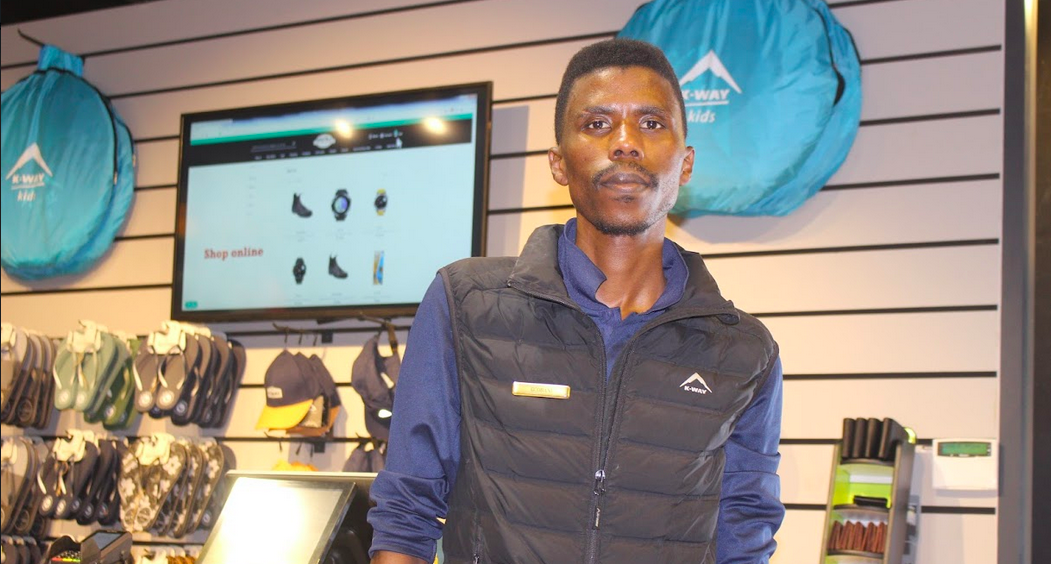By Benny Mojela
South Africa has been experiencing unprecedented rolling blackouts, with Eskom implementing loadshedding to prevent a total shutdown of the national power grid. Stage six loadshedding occurs more frequently when the power utility extracts 6 000 megawatts from the grid. This is a severe challenge to Africa’s most industrialized and sophisticated economy. Businesses locally and nationally have been struggling as a result of loadshedding. At Makhanda’s Peppergrove Mall, various companies have been affected and responded differently.
At Funky Store, it appears to be business as usual, even during loadshedding. “Loadshedding hasn’t affected us because we have a generator,” Funky Store worker Sive Plaatjies told reporters at the store.
But, using a generator has generated new challenges for the store. Plaatjies said that the store has to deal with the high cost of fuel and the cost of fixing the generator when it breaks down.
The store also has a surveillance camera system which malfunctions when there’s no electricity. One of the workers at the store, Ntobokozo Zondana, said they were not aware one day that someone was stealing in the store because the surveillance cameras were not working. The alleged thief was eventually caught at Clicks, nearby.
Cape Union Mart does not have a generator. Still, they are using lessons they learned during the Covid-19 pandemic to cope with loadshedding, such as simultaneously allowing a limited number of people in the store. Safety is one of the biggest challenges. “Door sensors go off when there is no power, and when it’s dark, people come in and try stealing”, the store manager, Gcobani’ Sky’ Dyosi, told Grocott’s Mail.
Dyosi said that if there are more than seven people in the store during a blackout, they have to close the doors to pay close attention and ensure no theft occurs. The store cannot process sales unless customers pay cash, which few people carry.
This has had a direct on the revenues of the store, and as a result, they’ve cut the working hours of casual staff during loadshedding. Another problem is that employees going home at night must leave in the dark during loadshedding, which is unsafe.
At the popular fish, chips and chicken takeaway, Lemon’ n Spice, loadshedding means a limited menu is on the cards. They cannot fry meat or russian sausages and they have to manually write out receipts and orders as their uninterrupted power supply (UPS) does not last long.
Their freezers and fridges start defrosting, and they have to take extra care not to open them often. Because the extractor fans stop working, it becomes very hot in the shop. Meenakshi Kara-Dullabh told Grocott’s Mail that Lemon’ n Spice had established a new system. They purchased an inverter with two batteries, have additional rechargeable lights placed in the store’s strategic points, and use a gas fryer.
“However, gas is expensive and if the gas runs out on Sunday, I cannot do anything”, Dharmesh Dullabh of Lemon’ n Spice told reporters. Dharmesh said they had lost at least 35 % of their revenue and had to reduce their staff numbers because they don’t open as often as they used to.


